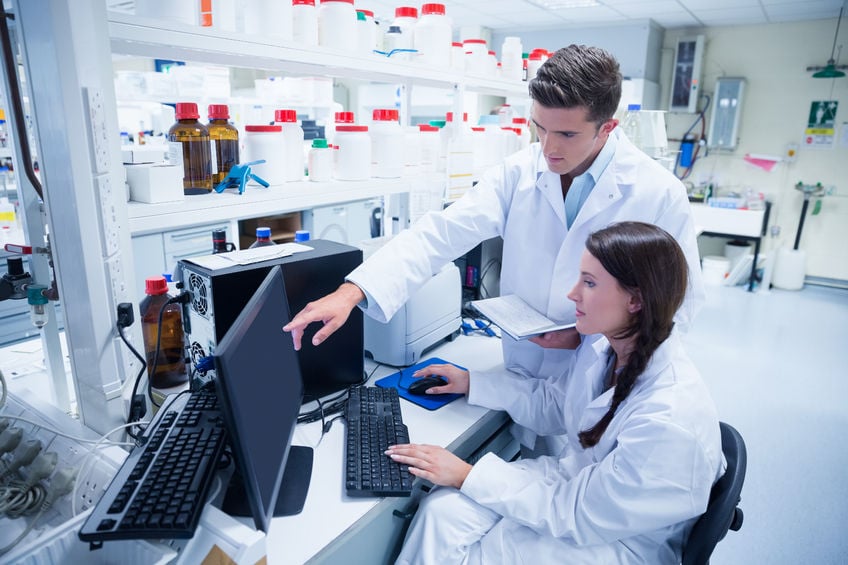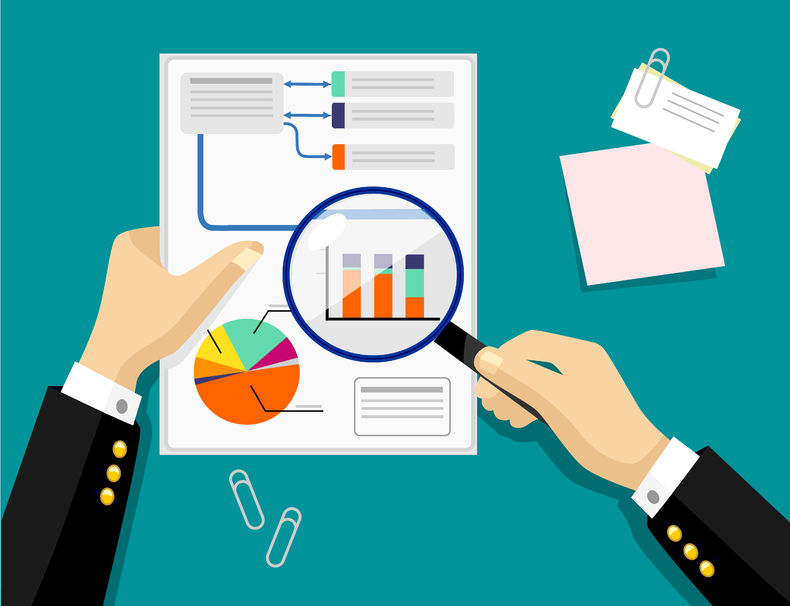You are at the forefront - pushing the frontiers of scientific discovery and innovation. You know all too well of the seemingly endless bench work and rapid consumption of biotech consumables. We’re talking plastic dishes and plates, carcinogenic chemicals, and a myriad of nitrile and latex gloves to name a few.
Some of this consumption is unavoidable. Scientists are stochastically switching between tasks contaminating their gloves and grabbing a new pair. They repeat huge experiments in triplicate because science is all about reproducibility. Other times it’s because your P.I. felt your figure wasn’t publication quality (those are the most testing of times).
As scientists we aim to better the world with research breakthroughs, but we shouldn’t forget the planet along the way. We are all responsible for our ecological impact, even in the midst of cutting edge research. While recycling is certainly a great start, a quick personal survey of the lab trash often reveals that many consumables still end up in landfills. Here’s a list of ideas and implementation strategies to transform your lab to an eco-friendly environment while also saving money.
Unplug
Most labs own some equipment that is used occasionally but generally sits collecting dust, sucking juice from the wall socket. Put an end to its vampiric tendencies and unplug after using to save energy. Many of us already unplug appliances not in use in our own homes; why not adopt the practice in the lab? If you don’t want to bother meddling with the outlet behind bulky machines, plugging equipment into a surge protector gives you a quick ON/OFF button and also protects your expensive equipment from getting fried by a power surge. That’s a win-win. While you might consider this negligible energy savings, change in one lab can lead to institution wide adoption which can have a big impact on energy usage.
Re-use
When using a particular consumable it is very important to consider the research application. This may seem obvious, but it can actually help you find inventive ways to reuse products. My lab’s experiments revolved around cell culture and protein work and we used thousands of cell scrapers a year to produce protein lysates for Western Blots. Every single sample required a separate, individually wrapped plastic cell scraper that ended up coated in viscous cellular lysate and thrown away. At about a dollar a piece it was neither cost effective nor environmentally friendly.
One day we realized our western blots didn’t warrant that much sterility. Our lysis buffer contained protease and phosphatase inhibitors so we decided we could wash our cell scrapers in soapy water, thoroughly rinse, dry, and reuse. While new, sterile cell scrapers are still necessary for genomic work, cleaning scrapers for western blots does away with a majority of proteins leaving negligible amounts that does not affect the outcome of your experiment.
Buy Bulk Packaged Items When PossibleAgain, evaluating which application the product is being used for can help you save money and reduce packaging waste. For instance serologicals can come either individually wrapped or bulk packaged. Individually wrapped serologicals are necessary for cell culture and molecular biology (where sterility is a concern) but bulk packaged ones are fine for tasks such as making non-sterile buffers or fixing cells with formalin. Another laboratory consumable you can buy in bulk packaging are unracked 15 mL and 50 mL centrifuge tubes. As a lab manager, I didn’t realize bulk packaged centrifuge tubes even existed until a post-doc remarked that our tower of “free” plastic racks had grown unwieldy. Reuse those racks you already have to save money and reduce unnecessary plastic by buying bulk packaged items when applicable.
Buy Eco-Friendly Consumables
Buying refill racks and autoclaving them can reduce the number of pipette tip boxes that your lab consumes and are great for applications that don’t require a filter tip. If you have never tried a tower rack system from Gilson or Rainin, I highly recommend as it’s about as much fun you are going to have refilling pipette tip boxes. If you do require filtered pipette tips for molecular biology applications, Rainin sells racked, barrier tips called Terra Racks that utilize 50% less plastic than traditional pipette tip boxes, are made of highly-recyclable PETE, and are 100% recyclable assuring you that your massive amounts of pipetting isn’t making a big impact on the environment.
Digital CatalogsHow often do you have sales representatives stopping by your lab leaving you inundated with enormous paper catalogs of all their products that you never use? We live in the 21st century where the internet and digital product catalogs are ubiquitous, so next time tell them to hold the outdated consumables phonebooks to save some trees. You’ll often like the convenience of comparing products online rather than in multiple paper catalogs too. Quartzy is a free online resource that consolidates many supplier product catalogs to one shop, making it even easier for you to find what you need in one place. Save the paper for your posters and lab notebooks!
Request SamplesSwitching to equivalent products can seem daunting when you’ve painstakingly perfected a protocol. Especially since trying a new product often requires buying a larger than desirable unit size that sometimes can’t replace your existing product anyway. Not only do you waste money but the replacement product likely sits on your shelves nearing expiration, eventually getting thrown away. This makes it important to either get a small sample first or to go to a trusted source for equivalent verification and recommendations.
When looking for equivalent products, Quartzy is a great resource. They not only find you equivalents upon request, they proactively reach out via the Quartzy platform if there is an equivalent product meeting your specifications for a better price. Every equivalent match that Quartzy makes undergoes a rigorous quality control process by in-house scientists and is backed by the Quartzy Guarantee. If the product is not identical in it’s attributes and application, they don’t bother you with it.
Unfortunately, there can be a subtle art to getting a sample, so here is a walk-through of requesting a sample in case you decide to go that route. Some suppliers make it easier to get samples than others. For instance Quartzy partners with suppliers like Zymo Research and IBI Scientific that allow you to request up to three free sample kits and sells cheap sample sizes to reduce the upfront cost of switching products and potential waste.
Buy from suppliers that care about the environment too.
You have the power to choose who you buy from (in most cases). Proactively choose to purchase products from suppliers that combine shipping and reduce plastic shipping materials. Observe shipping practices and don’t be afraid to bring up the topic the next time you see your rep!
Just in time for Earth Day, Quartzy completely eliminated plastic packaging from every order shipping from our Quartzy Fulfillment Center in Redwood City, CA. In addition to stocking products with highest demand so we can combine shipping for you, we now only use recyclable paper products to pack your orders so they arrive to you in pristine condition and with a smaller footprint. Be sure to look for the Q-Box so you know which items we ship from our fulfillment center.
Sometimes it takes a bit of creativity to find eco-friendly solutions, but hopefully this list gives your lab a great start to reducing its ecological footprint. I don’t know about you, but saving both the environment and money never felt so good.
Share this:
Tags: advice, laboratory, purchasing, consumables

Jennifer Flanagan
I completed my B.S degree in Molecular and Cellular Biology at the University of California, Davis. I have 5 years of experience in Next Generation Sequencing library preparation for phylogenetic analysis, metagenomics, and cancer research. I spent two years as a research specialist and lab manager in an EGFR mutated cancer lab at the University of California, San Francisco and currently work at Quartzy as a Life Science Product Specialist.



